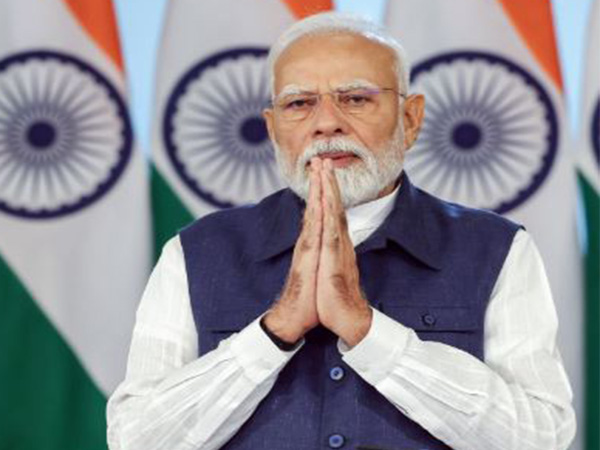Pakistan FinMin says Pak will stay in IMF cycle if taxes not tweaked
Jul 08, 2024

Islamabad [Pakistan], July 8 : Pakistan's Finance Minister Muhammad Aurangzeb warned that Pakistan will stay in the IMF cycle if taxes are not increased, ARY News reported on Monday.
Aurangzeb said that the "upcoming IMF programme will not be our last fund programme if we don't bring our tax revenues up."
Aurangzeb maintained that he is hoping Pakistan will reach a staff-level agreement with the IMF this month, estimating the agreement to be worth USD 6-8 billion, ARY News reported.
He acknowledged that the government's reliance on imports has led to a cycle of debt and borrowing, stressing the need to enhance the country's ability to repay loans, ARY News reported.
The minister also mentioned the lack of trust in the Federal Board of Revenue (FBR) due to corruption and harassment, stating that people are hesitant to pay taxes due to these issues.
Aurangzeb emphasised that the government must demonstrate positive performance in the next 2-3 months to address the country's financial challenges.
On July 6, employees of a private company staged a protest against the recently announced 'tax filled' budget 2024-25 which further burdened the inflation hit salary class citizens of Pakistan. Hundreds of employees of a private company participated in the protest staged at Islamabad's Blue area.
The president of the private company stated that people are not able to bear the tax recently imposed by the government on the salaried class. He highlighted that the government should have revised the tax policy as the inflation-hit citizens already considering leaving the country. The protestors appealed to the government to withdraw the taxes imposed in the recently announced budget 2024-25. Last Month, the Finance Minister and other government officials failed to answer the questions asked by the journalists during the post-budget press briefing session in Islamabad. During the post-budget briefing session, a Pakistani reporter chastised the Pakistani government's fiscal policies and their impact on the common citizen.



















